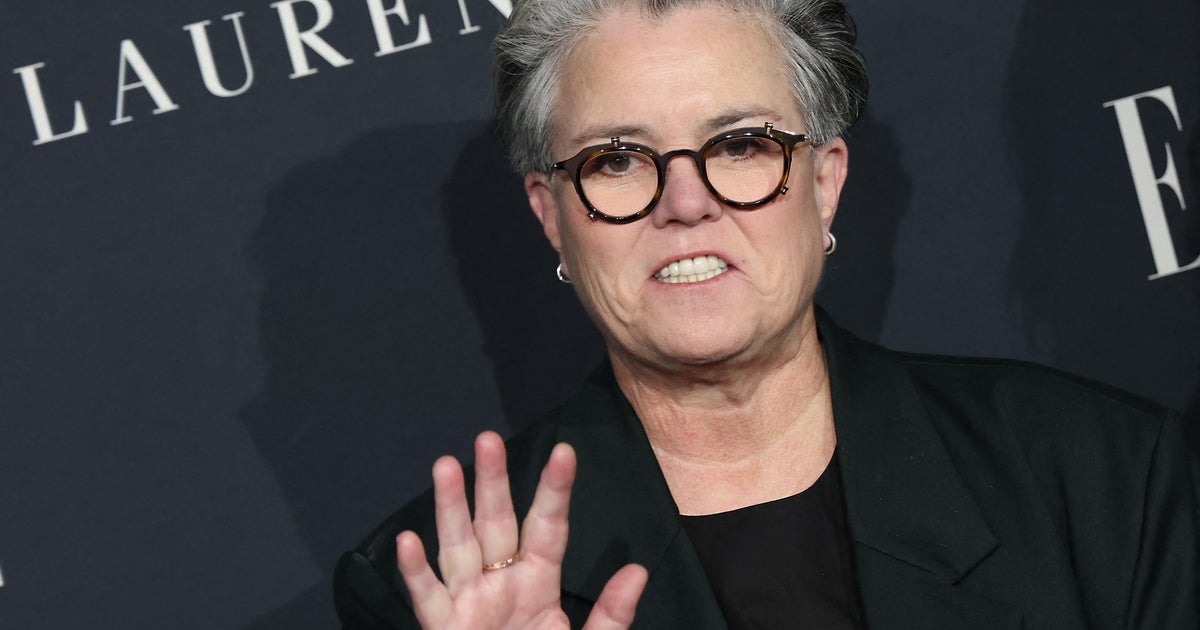In a surprising twist in the ongoing feud between President Donald Trump and comedian Rosie O’Donnell, Trump recently announced on social media that he is “considering taking away” O’Donnell’s U.S. citizenship. This declaration, which has sparked significant discussion and debate, raises vital questions about the legal and political implications of such a claim. Notably, it comes against the backdrop of a long-standing Supreme Court ruling that explicitly prohibits the government from stripping citizenship from an individual.
In his post, Trump remarked, “Because of the fact that Rosie O’Donnell is not in the best interests of our Great Country, I am giving serious consideration to taking away her citizenship.” The statement seemed to resonate with his base, who applaud his confrontational style. At the same time, he suggested that O’Donnell, who moved to Ireland in January, should remain there “if they want her.”
The relationship between Trump and O’Donnell has been contentious for years, predating Trump’s foray into politics. Their public exchanges have often been laden with personal insults and criticisms. Recently, O’Donnell vocalized her disdain for Trump’s policies, particularly condemning a massive GOP-backed tax and spending cuts plan that has drawn ire from various sectors of the population.
Reacting to Trump’s provocative statement, O’Donnell took to social media, implying that her voice and dissent have clearly irked the president. “Add me to the list of people who oppose him at every turn,” she declared, claiming that Trump “has always hated the fact that I see him for who he is—a criminal, con man, sexual abusing liar out to harm our nation to serve himself.” This confrontation highlights the intense, sometimes personal nature of political discourse in the current era.
Following Trump’s re-election that saw him defeat Vice President Kamala Harris for a second term, O’Donnell moved to Ireland, a decision intertwined with her family lineage as she seeks to obtain Irish citizenship. This migration reflects her discontent with the political climate in the U.S., much like many expatriates expressing their dissent through relocation.
Trump’s threats to revoke citizenship are not new; this rhetoric has surfaced sporadically during his political career, aimed at various individuals, including former allies like entrepreneur Elon Musk. However, the situations differ significantly—O’Donnell, being a native-born U.S. citizen, holds constitutional rights that Musk does not. The State Department clearly outlines that U.S. citizens can relinquish their nationality, but only through voluntary actions with the intention to do so.
Since taking office again, Trump has made moves to limit citizenship pathways and access to green cards, causing ripples throughout immigration advocacy circles. Just days before his comments about O’Donnell, a federal judge issued a nationwide injunction against Trump’s executive order aimed at ending birthright citizenship—a ruling grounded in the notion of constitutional protections for all citizens.
The legal implications are clear: Amanda Frost, a law professor at the University of Virginia School of Law, emphasized that a Supreme Court case from 1967 established that the government cannot revoke citizenship from individuals who are U.S. citizens by birth. In her words, “The president has no authority to take away the citizenship of a native-born U.S. citizen. In short, we are a nation founded on the principle that the people choose the government; the government cannot choose the people.”
This unfolding drama between Trump and O’Donnell serves not only as an insight into their personal animosity but also reflects broader themes of political dissent, citizenship rights, and the complex interplay of power and identity in contemporary America.


